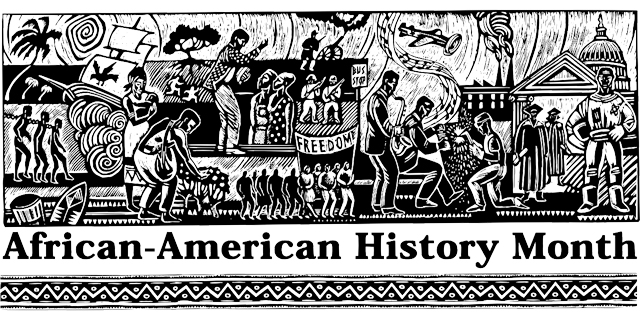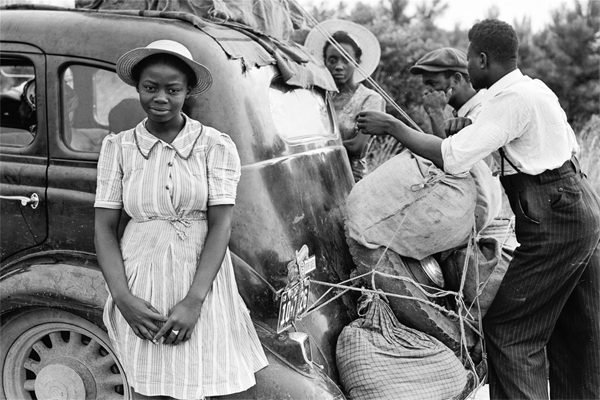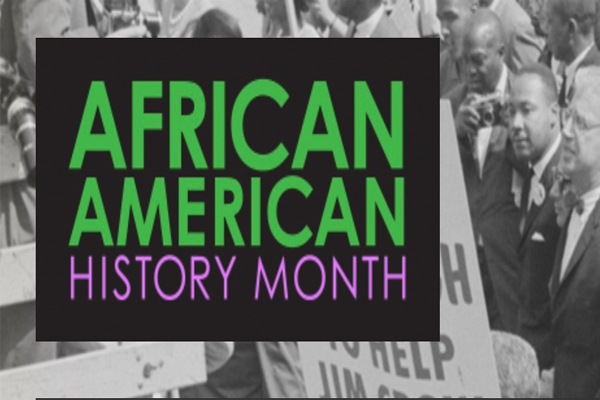During the whole of February, the US observes Black History Month, also know as African-American History Month. It’s an annual celebration of achievements by African Americans and a time for recognising the central role of Black people in US history.
Since 1976, every US president has officially designated February as Black History Month. “This month, we celebrate the cultural heritage, diverse contributions and unbreakable spirit of African Americans,” said President Donald J Trump, in a statement from the White House.
FIGHT FOR EQUALITY
“Through bravery, perseverance, faith, and resolve – often in the face of incredible prejudice and hardship – African Americans have enhanced and advanced every aspect of American life. Their fight for equality, representation, and respect motivates us to continue working for a more promising, peaceful, and hopeful future for every American. During National African American History Month, we honour the extraordinary contributions made by African Americans throughout the history of our Republic, and we renew our commitment to liberty and justice for all,” Trump added.

Other countries around the world, including Canada and the UK, also devote a month to celebrating Black history. Over the course of this month, Fair Play Talks will be honouring Black History Month, through a series of guest columns and interviews, so watch this space.
HISTORY SUMMARY
Black History Month started in 1915, half a century after the Thirteenth Amendment abolished slavery in the US, when Harvard-trained historian Carter G Woodson and the prominent Minister Jesse E Moorland founded the Association for the Study of Negro Life and History (ASNLH). This organisation was dedicated to researching and promoting achievements by Black Americans and people of African descent.
Known today as the Association for the Study of African American Life and History (ASALH), the group sponsored a national Negro History week in 1926, choosing the second week of February to coincide with the birthdays of Abraham Lincoln and Frederick Douglass. The event inspired schools and communities nationwide to organise local celebrations, establish history clubs and host performances and lectures.
In the following decades, city mayors across the US started to recognise Negro History Week. By the late 1960s, thanks in part to the civil rights movement and a growing awareness of black identity, Negro History Week had evolved into Black History Month on many college campuses.
It was President Gerald Ford who officially recognised Black History Month in 1976, and called upon the public to “seize the opportunity to honour the too-often neglected accomplishments of black Americans in every area of endeavour throughout our history.” Click here for more about the history.

2020 THEME
Every American president has also designated a specific theme of focus for Black History Month since 1976. This year’s theme is dedicated to ‘African Americans and the Vote’, and coincides with the 150th anniversary of the 15th Amendment, which gave African American men the right to vote. “This Amendment to the Constitution, ratified in 1870, prohibits the government from denying or abridging a citizen’s right to vote based on race, colour, or previous condition of servitude,” according to the White House. “Today, this guarantee is enforced primarily throughout the Voting Rights Act of 1965, an enduring legacy of Reverend Dr Martin Luther King, Jr, and the Civil Rights movement.”
This year also marks the 150th anniversary of the first African American to serve in the Congress. In 1870, Hiram Revels, a Mississippi Republican, served a one-year term in the Senate, where he fought for justice and racial equality.
VITAL STATISTICS
Recent facts and figures from the US States Census Bureau, demonstrates the growing importance of the Black American population for businesses:
- Black Americans account for 47.8 million of the US population (either alone or in combination with one or more races).
- There are 87.9% of African-Americans aged 25 and older with a high school diploma or higher.
- 29.9% of the employed Black population age 16 and older working in management, business, science and arts occupations.
- The US has around 121,446 Black-owned employer businesses.
- There are around 2.2 million Black military veterans in the US nationwide.
Apart from companies and organisations organising individual events to celebrate Black History Month during February 2020, official events will also be taking place across the US nationwide. Click here for more information.







































